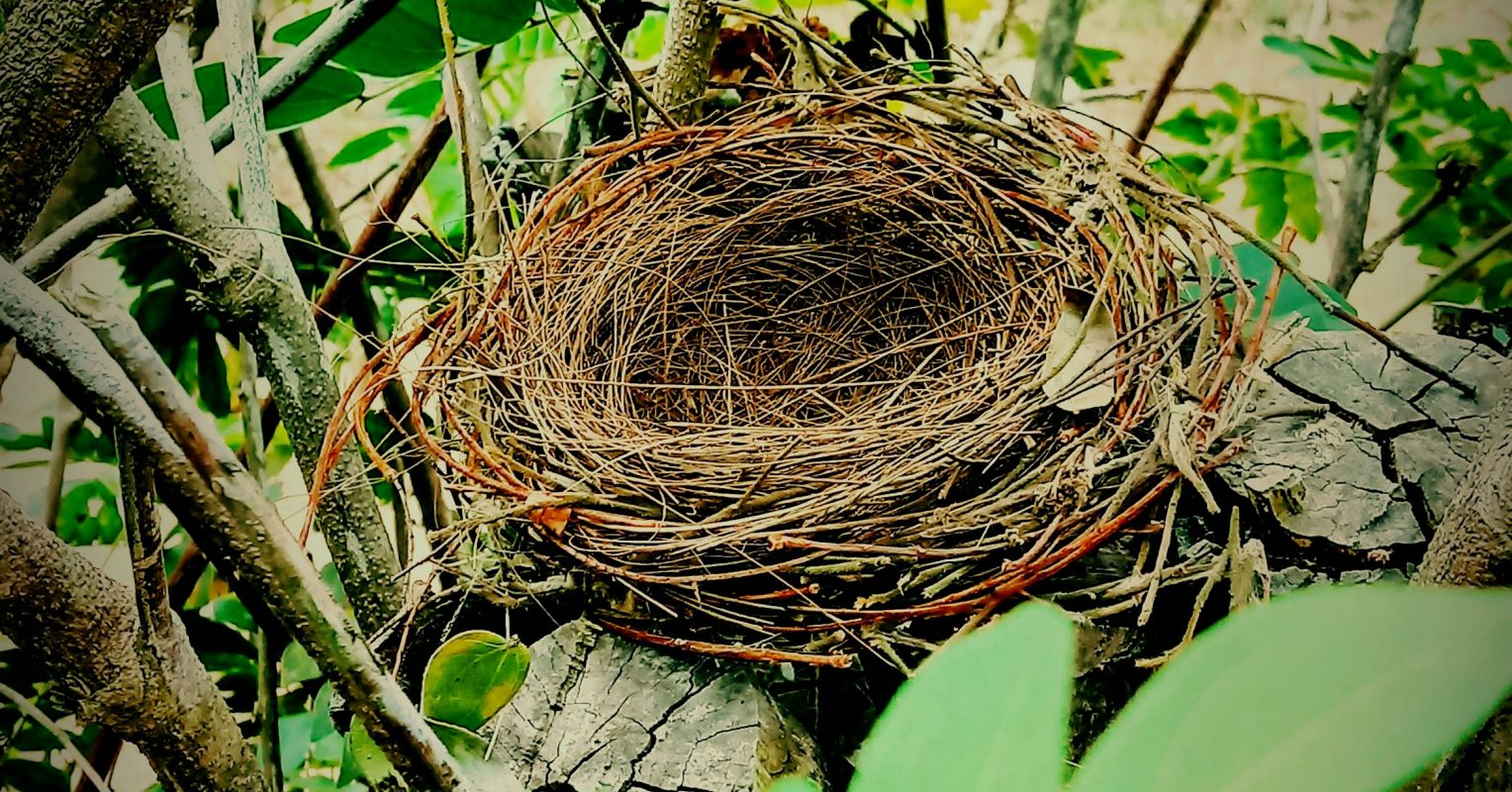
"I was always a We. Born into a Chinese family, I was a We from the start. First, it was my family and I, and later, when I had kids, it was them and me. I thought of myself as We so much that when meetings started with announcing one's pronouns, I was always tempted to say we, our, ours, referring to myself."
"You have no one there; you must be lonely. Well, my boys were always sweet to me, even as teenagers; that was not the problem. The hardest thing is being a We all the time, having to manage not just one life but our collective life, relentlessly being on the clock because there was always something else to do, and during downtime, always being on call."
A person raised in a Chinese family experienced life primarily as a collective "We," prioritizing family needs and shared decisions. Single parenthood of twin sons created constant coordination, logistical burdens, and a persistent mental load. Dropping the boys at different colleges intensified the caretaking role and highlighted the difficulty of shifting identity away from the collective. People from collectivistic cultures frequently individuate later in life, and that process can be gradual and unconscious. Facing an empty nest provokes fear yet presents significant opportunities for personal growth through small, incremental steps toward independence.
Read at Psychology Today
Unable to calculate read time
Collection
[
|
...
]